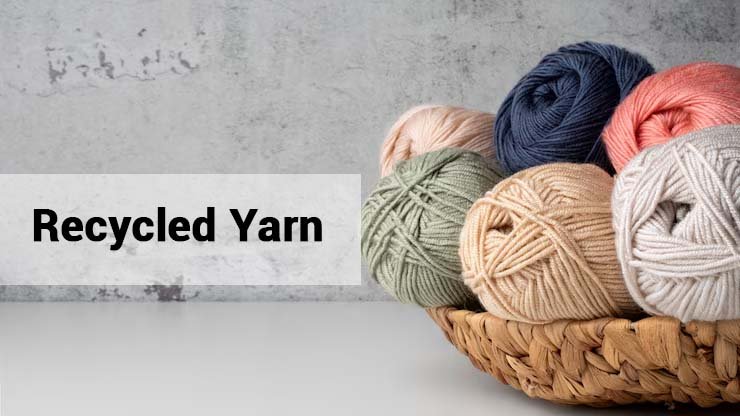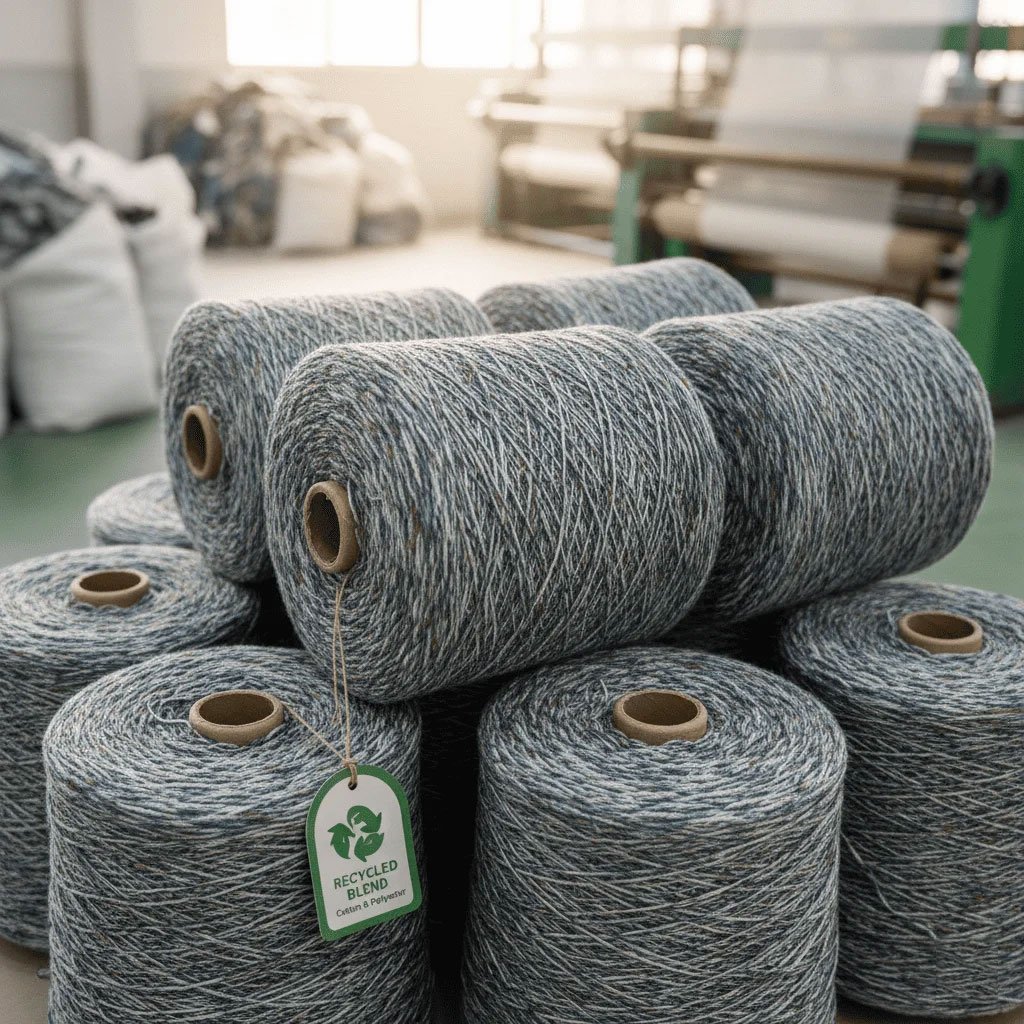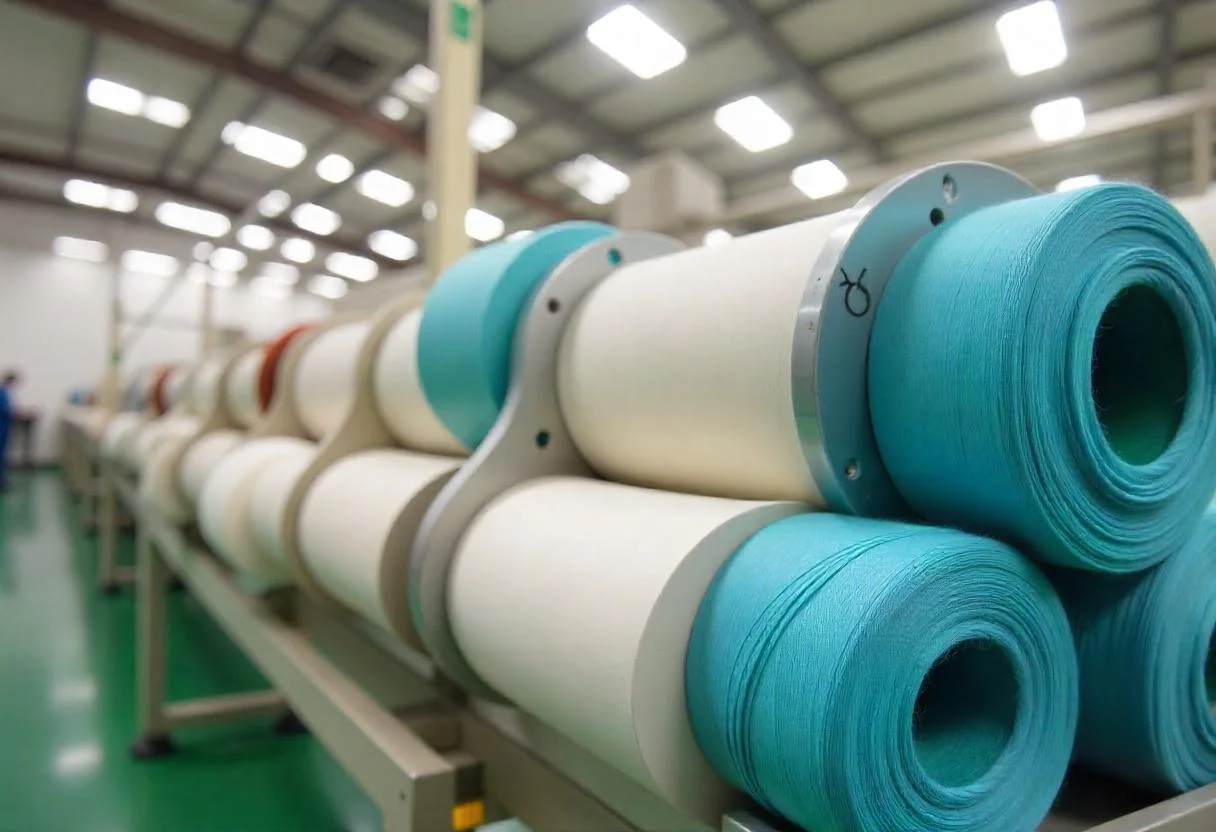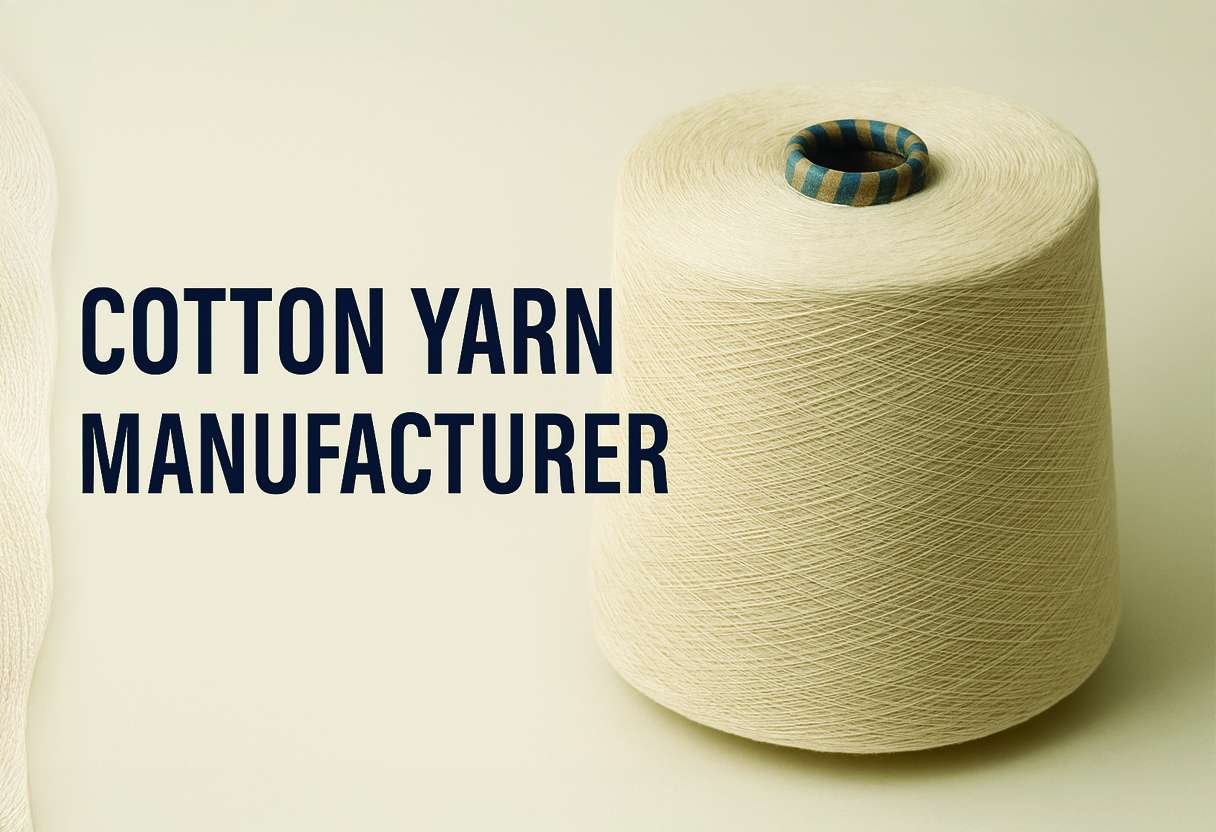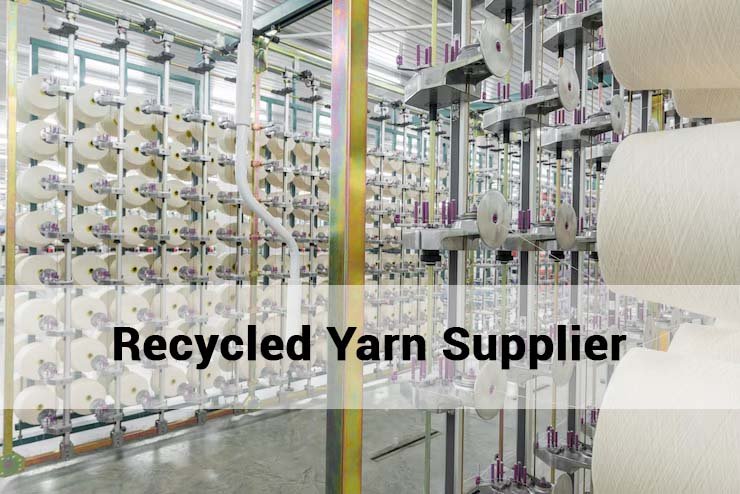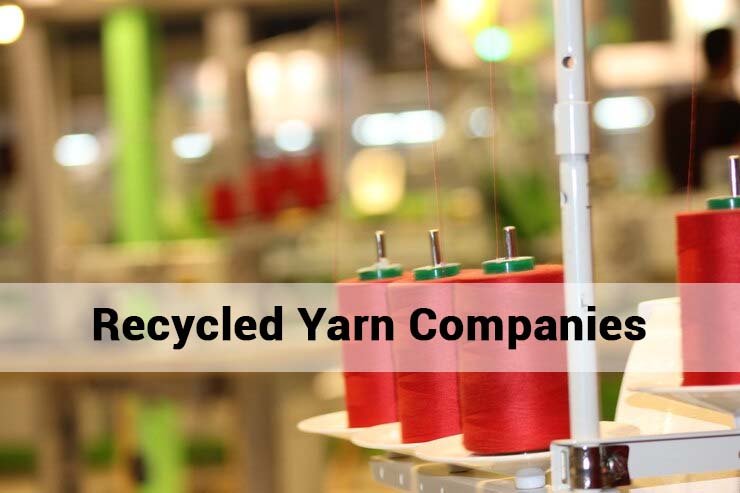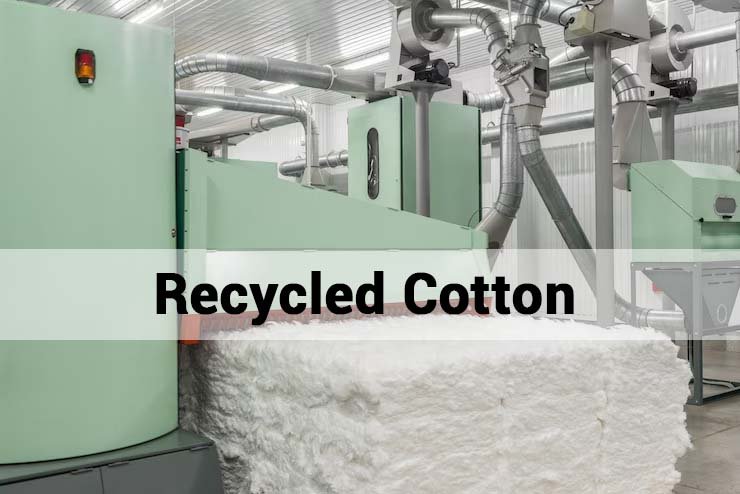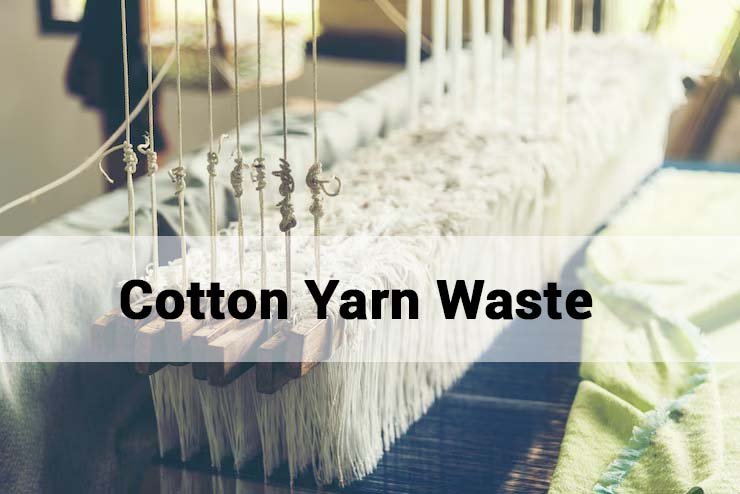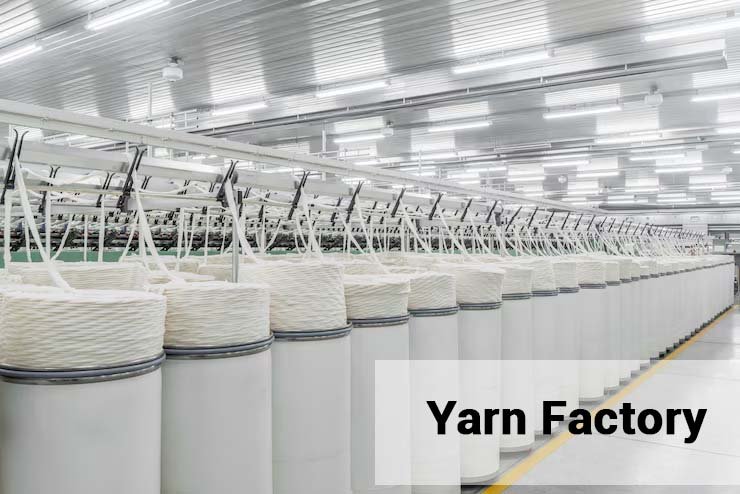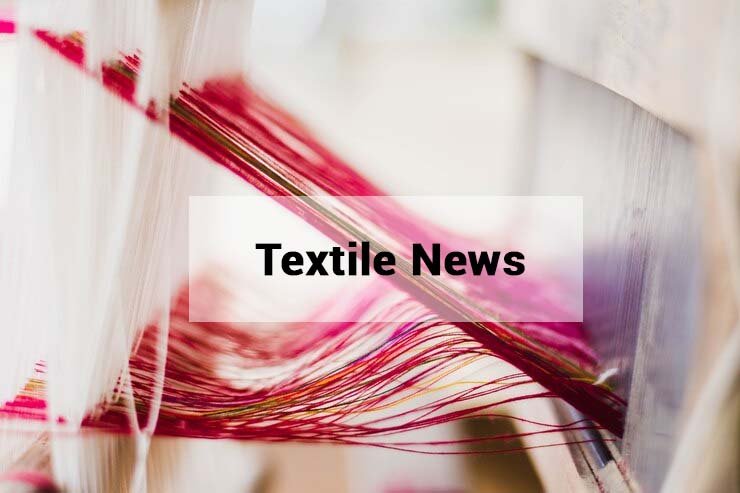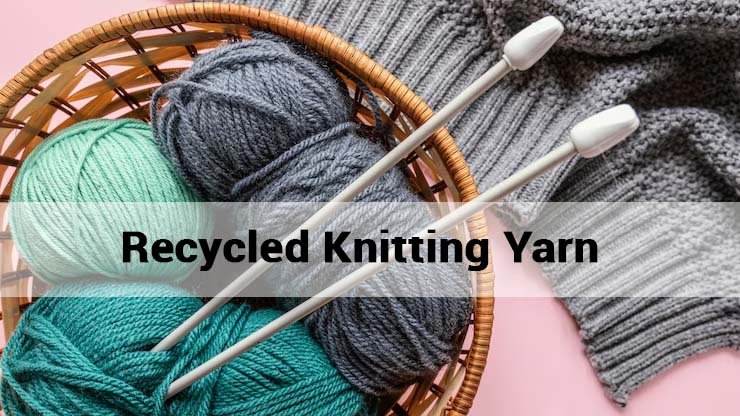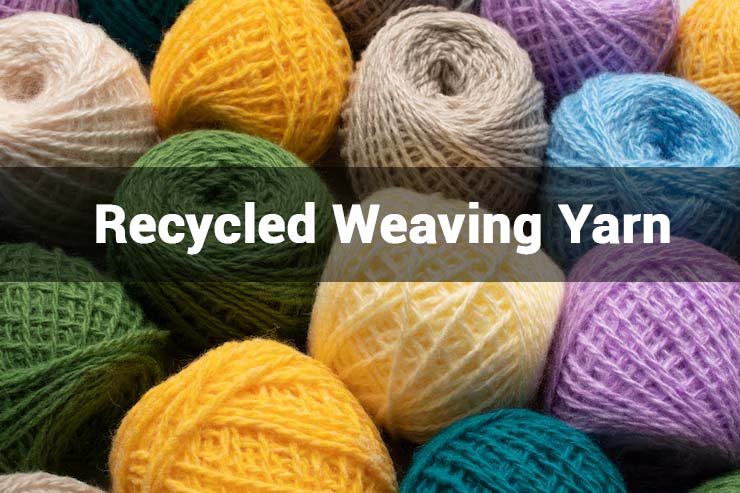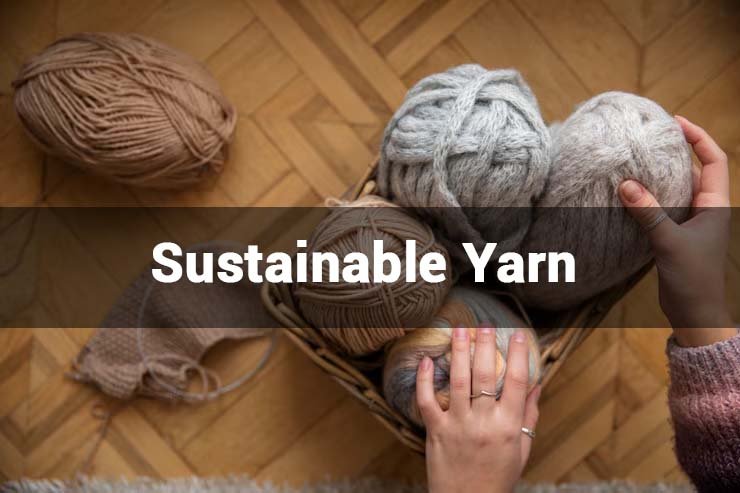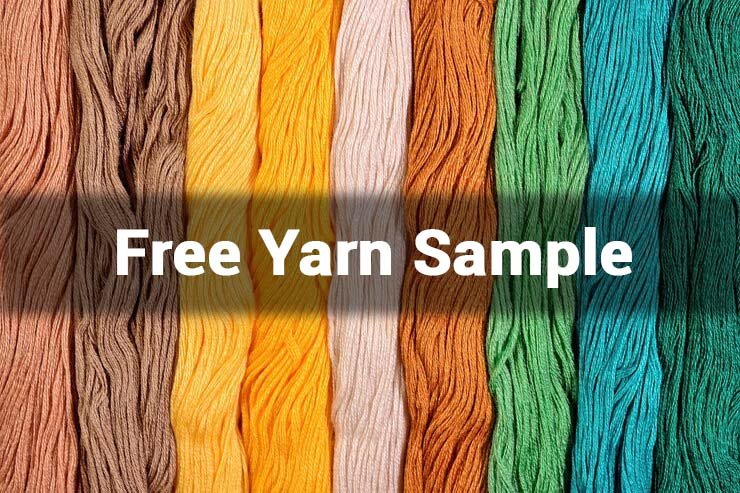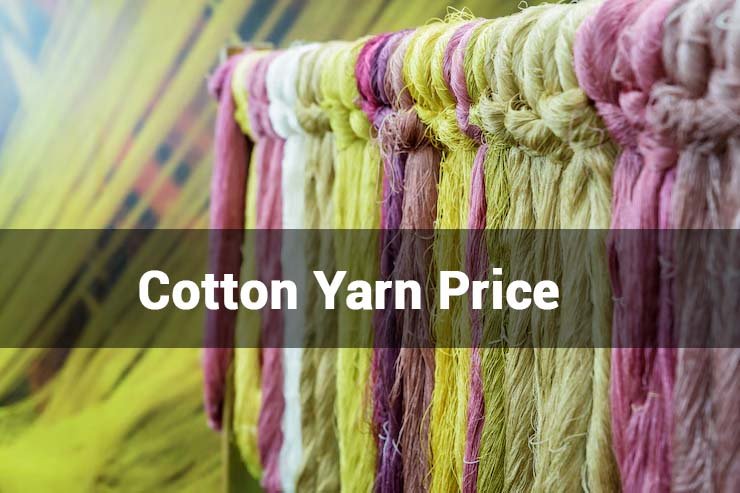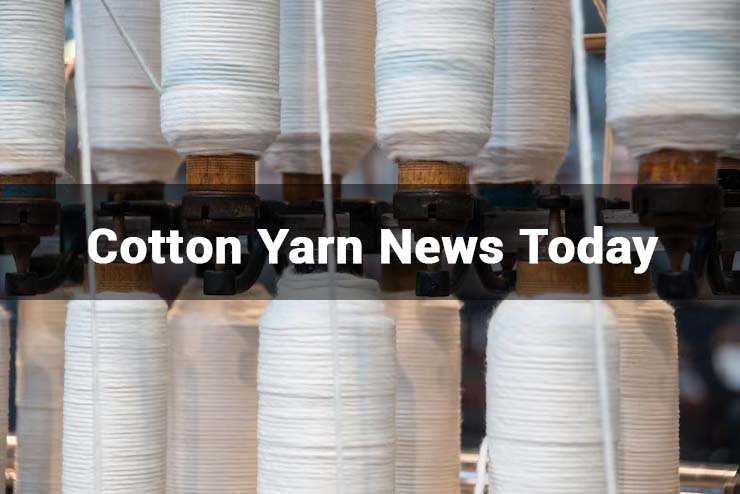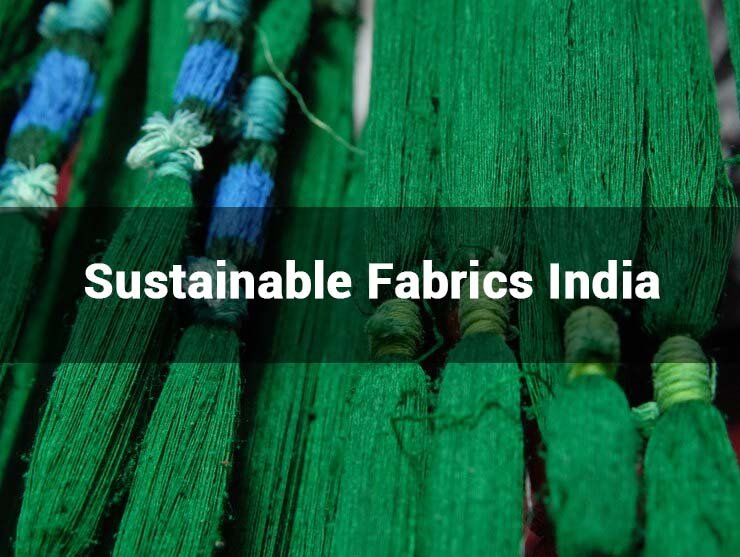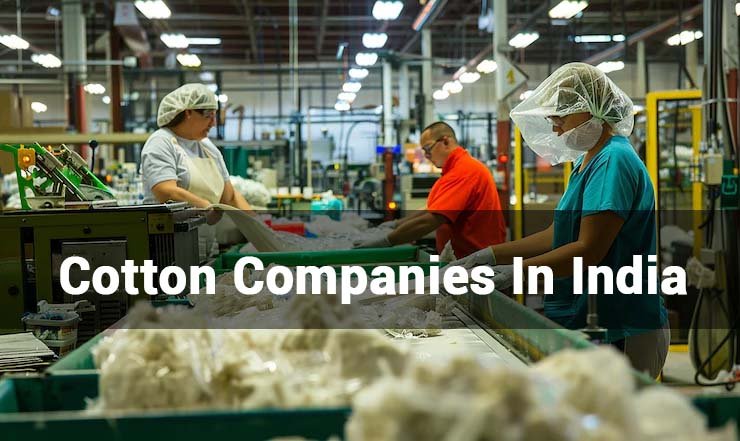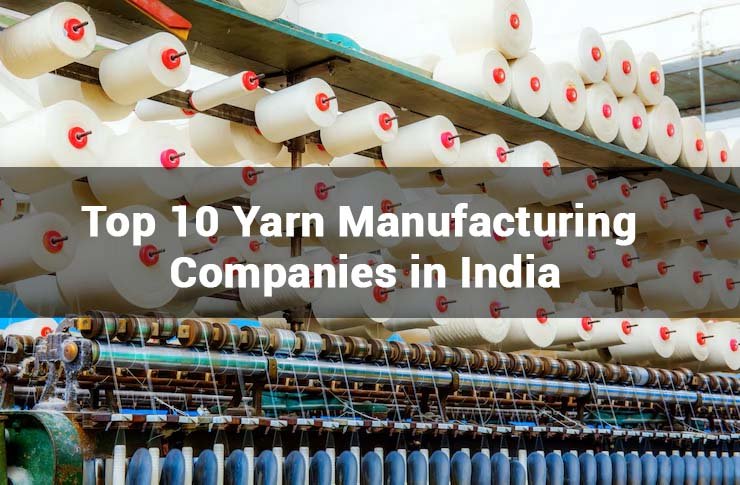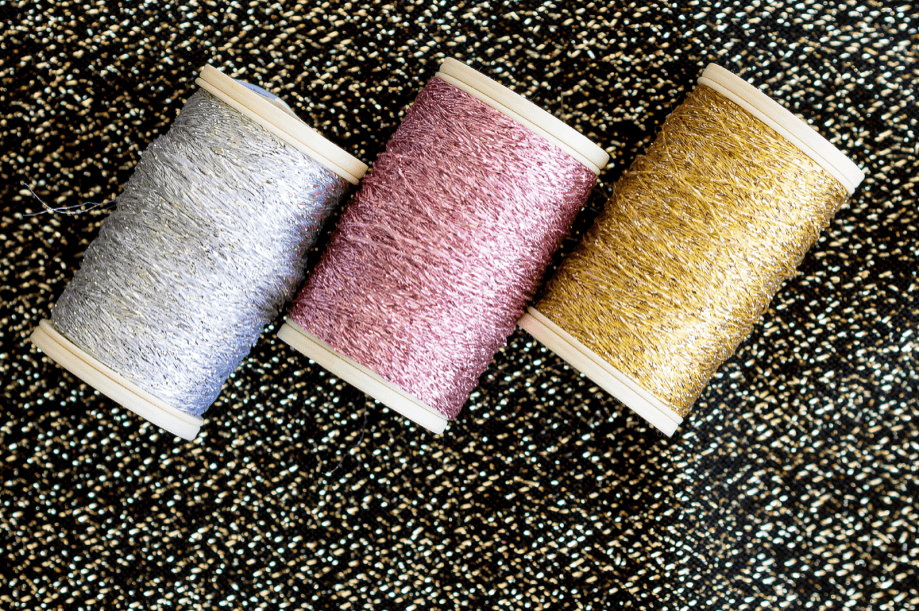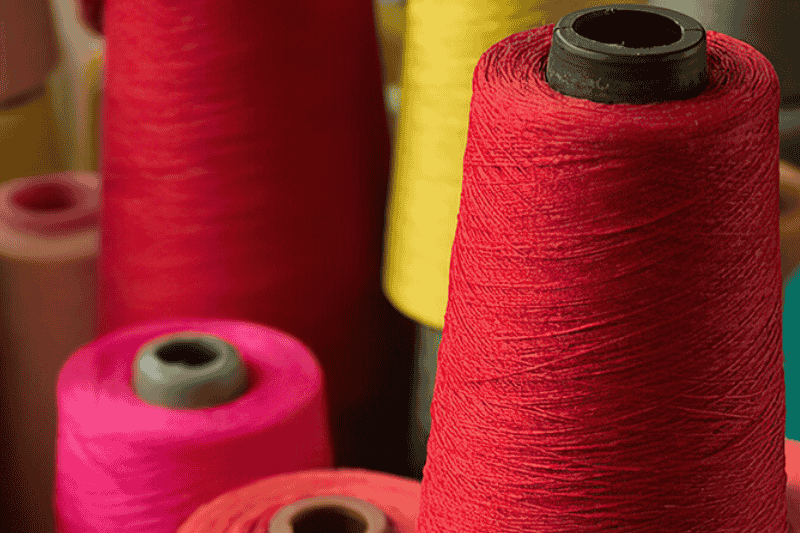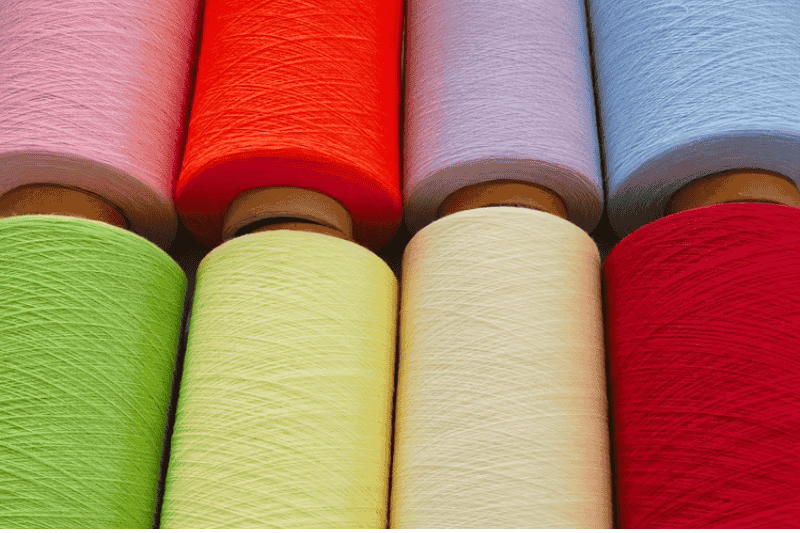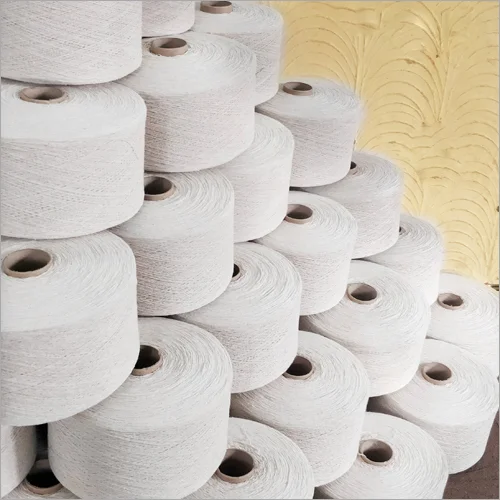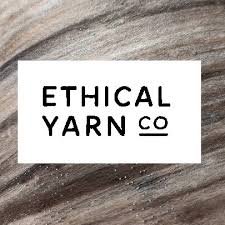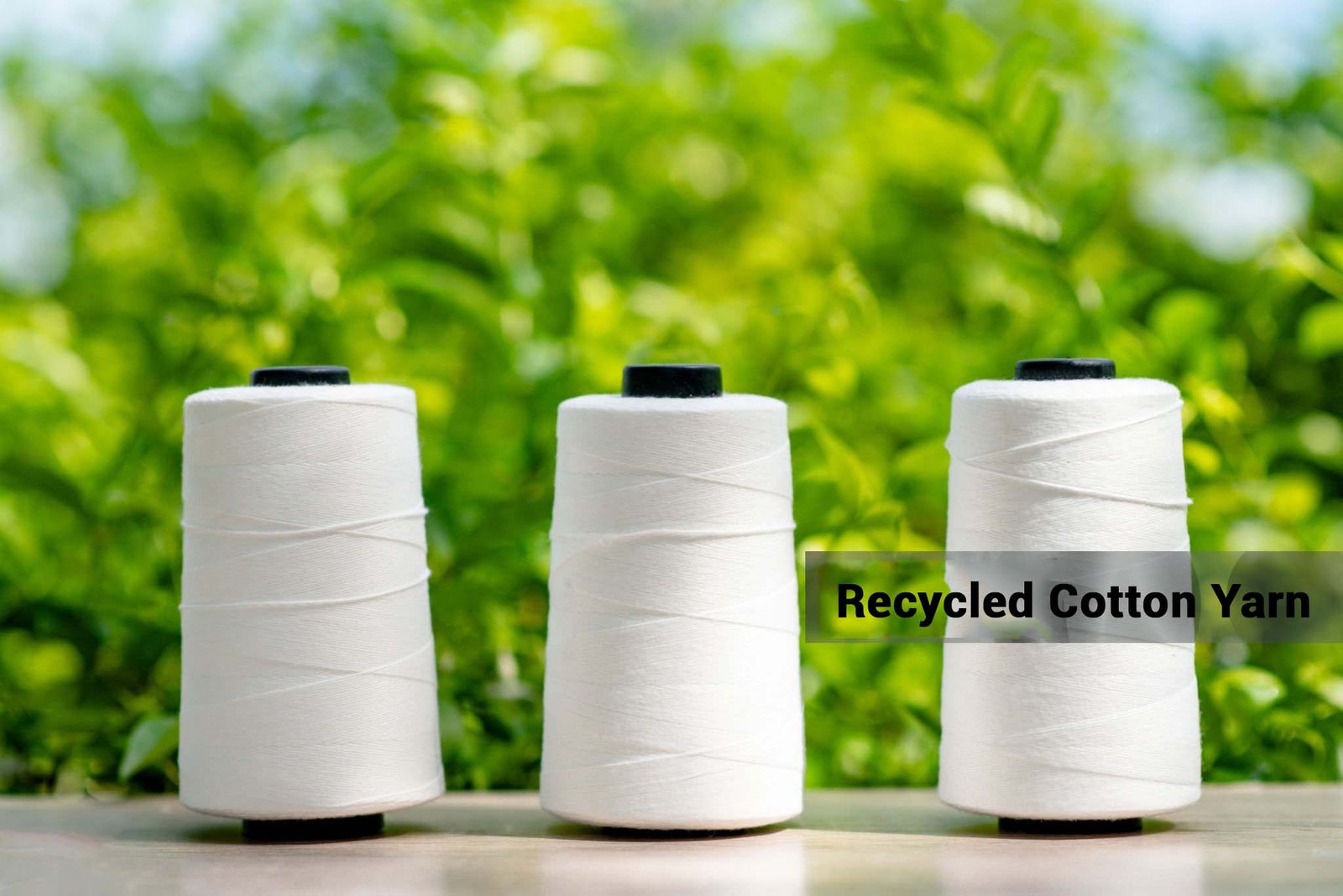
Author / Date: 27 Sep, 2025
Recycled Cotton Yarn Launch: A Step Toward Greener, Smarter Textiles
The textile industry is undergoing a profound transformation, driven by a global push toward sustainability and environmental responsibility. Today, manufacturers and designers alike are seeking innovative solutions to reduce waste, save resources, and embrace eco-conscious production. At the forefront of this revolution is Recycled Cotton Yarn, a game-changing material that promises to combine quality, durability, and sustainability. With its official launch, the industry now has access to a yarn that is not only environmentally friendly but also versatile and cost-effective, paving the way for a greener, smarter future in textiles.
The Rise of Sustainable Textiles
For decades, the textile industry has faced scrutiny for its environmental impact. Conventional cotton production requires massive amounts of water, fertilizers, and energy, while post-consumer fabric waste often ends up in landfills, contributing to pollution and carbon emissions. In response, sustainable textiles have gained prominence, with brands and manufacturers seeking alternatives that reduce environmental strain without compromising quality.
Recycled cotton yarn has emerged as a leading solution in this space. Made from post-industrial scraps and post-consumer fabrics, it transforms waste into a valuable resource. This innovation aligns perfectly with global initiatives such as circular fashion and sustainable supply chains, helping textile manufacturers meet consumer demand for eco-friendly products while contributing to environmental preservation.
What is Recycled Cotton Yarn?
Recycled cotton yarn is produced by reclaiming and processing cotton from previously used textiles. The process involves collecting cotton waste, sorting it, cleaning it, and then spinning it into high-quality yarn ready for various applications. Unlike virgin cotton, which requires intensive farming and processing, recycled cotton significantly reduces resource consumption and minimizes waste.
Depending on the source and processing methods, recycled cotton yarn can be blended with other fibers, offering manufacturers flexibility in creating fabrics with desired texture, strength, and durability. Today’s advanced recycling technologies ensure that recycled yarn meets stringent quality standards, making it a reliable option for modern textile applications.
Key Features of Recycled Yarn
The launch of recycled cotton yarn highlights several compelling features that make it an attractive choice for manufacturers, designers, and brands:
-
Eco-Friendly and Sustainable
By repurposing existing cotton fibers, recycled yarn reduces landfill waste and lowers the demand for water and energy-intensive virgin cotton. This directly contributes to environmental conservation and supports sustainable production practices. -
Soft and Durable
Despite being recycled, the yarn retains the softness and strength needed for high-quality fabrics. It can be used for apparel, home textiles, and industrial applications without compromising performance. -
Cost-Effective Solution
Recycled cotton yarn provides a more economical option compared to virgin cotton, especially for large-scale production. This allows manufacturers to maintain product quality while reducing costs. -
Versatility in Applications
The yarn is suitable for a wide range of textile products, from clothing and accessories to bedding, curtains, and industrial fabrics. Its adaptability makes it a favorite among innovative designers and manufacturers looking for sustainable solutions. -
Supports Circular Fashion
By converting textile waste into new products, recycled cotton yarn embodies the principles of circular fashion, ensuring that materials are used efficiently and sustainably across multiple production cycles.
Applications Across Industries
The launch of recycled cotton yarn opens new opportunities for various sectors within the textile industry. Its versatility allows it to meet the diverse needs of fashion, home textiles, and industrial applications:
-
Apparel: Designers can use recycled cotton yarn to create t-shirts, sweatshirts, jackets, and other garments that are eco-friendly without sacrificing comfort or style. Its soft texture and durability make it ideal for casual and premium clothing alike.
-
Home Textiles: From bed linens and pillowcases to curtains and upholstery, recycled cotton yarn enhances sustainable living at home. Consumers increasingly seek products that align with their eco-conscious values, and recycled yarn meets this demand seamlessly.
-
Industrial Textiles: Beyond fashion and home use, recycled cotton yarn finds applications in workwear, cleaning cloths, and other industrial fabrics. Its resilience and strength ensure long-lasting performance in demanding environments.
Environmental Impact and Sustainability
The environmental benefits of recycled cotton yarn are significant. Conventional cotton production consumes approximately 20,000 liters of water per kilogram of cotton, while contributing to soil degradation and pesticide use. By recycling existing cotton, manufacturers reduce the strain on natural resources and decrease their carbon footprint.
Moreover, textile waste is a major contributor to global pollution, with millions of tons of discarded fabrics ending up in landfills each year. Recycled cotton yarn addresses this issue directly, transforming waste into a valuable, reusable product. The adoption of recycled yarn also encourages responsible consumption and production, in line with the United Nations Sustainable Development Goals (SDGs).
Why the Launch Matters
The official launch of recycled cotton yarn represents a pivotal moment for the textile industry. It signals the availability of a high-quality, sustainable alternative that is ready for mass adoption. For manufacturers, it offers a practical solution to meet sustainability targets while maintaining production efficiency. For designers and brands, it opens doors to creating eco-conscious collections that resonate with environmentally aware consumers.
The launch also highlights the growing importance of sustainable innovation in textiles. By investing in recycled yarn, the industry can reduce environmental impact, foster circularity, and enhance corporate responsibility—while delivering products that meet modern standards of quality and style.
Challenges and Solutions
Despite its many advantages, recycled cotton yarn does face challenges, particularly in terms of consistency and fiber quality. Post-consumer fabrics may vary in color, texture, and fiber length, requiring careful sorting and processing.
To address these challenges, manufacturers are employing advanced technologies such as fiber blending, chemical cleaning, and automated sorting systems. These innovations ensure that recycled yarn meets industry standards and performs reliably in a variety of applications. Over time, continued investment in research and development is expected to enhance the quality, uniformity, and scalability of recycled cotton yarn production.
The Market Potential
Sustainability is no longer a niche concern—it has become a central focus of the textile industry. Market research indicates that demand for recycled textiles is rising rapidly, fueled by consumer awareness, regulatory pressure, and corporate responsibility initiatives.
Recycled cotton yarn, in particular, offers substantial growth potential. Its cost-effectiveness, versatility, and eco-friendly credentials make it an attractive option for global manufacturers. As brands increasingly seek sustainable materials, the availability of high-quality recycled cotton yarn positions the industry to meet this demand efficiently and responsibly.
Industry and Consumer Benefits
The launch of recycled cotton yarn delivers benefits across the board:
-
For Manufacturers: Reduced raw material costs, lower environmental compliance risks, and access to a growing segment of eco-conscious clients.
-
For Brands: Ability to market products as sustainable, meet corporate social responsibility goals, and appeal to environmentally aware consumers.
-
For Consumers: Access to products that are both high-quality and environmentally responsible, enabling more conscious purchasing decisions.
These advantages reinforce the value of recycled cotton yarn as a transformative material within the textile ecosystem.
Future Outlook
The future of recycled cotton yarn looks promising. With technological advancements in recycling, increasing regulatory support for sustainable production, and growing consumer demand, this yarn is poised to become a mainstay in textile manufacturing.
Innovative blends, new spinning techniques, and improved quality control will further enhance its appeal, making recycled cotton yarn suitable for a wider range of applications. As more brands and manufacturers adopt sustainable materials, the cumulative environmental benefits will be substantial, contributing to a cleaner, greener, and more responsible textile industry.
Conclusion
The launch of recycled cotton yarn marks a significant milestone in the journey toward sustainable textiles. Combining eco-friendliness, durability, and versatility, this yarn offers a practical and responsible alternative to conventional cotton.
For manufacturers, designers, and brands, it represents an opportunity to embrace sustainability, reduce waste, and align with modern consumer expectations. For the environment, it offers a path to lower resource consumption, reduced pollution, and enhanced circularity.
As the textile industry continues to evolve, recycled cotton yarn stands at the forefront of innovation—proving that sustainable solutions can be practical, profitable, and impactful. The launch is not just the arrival of a new product; it is a step toward a greener, smarter, and more responsible future in textiles.
